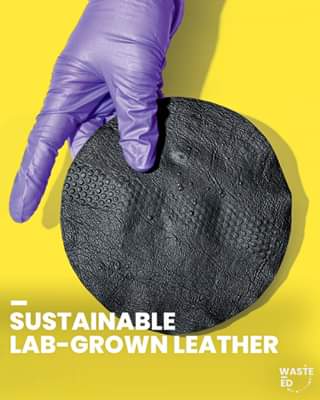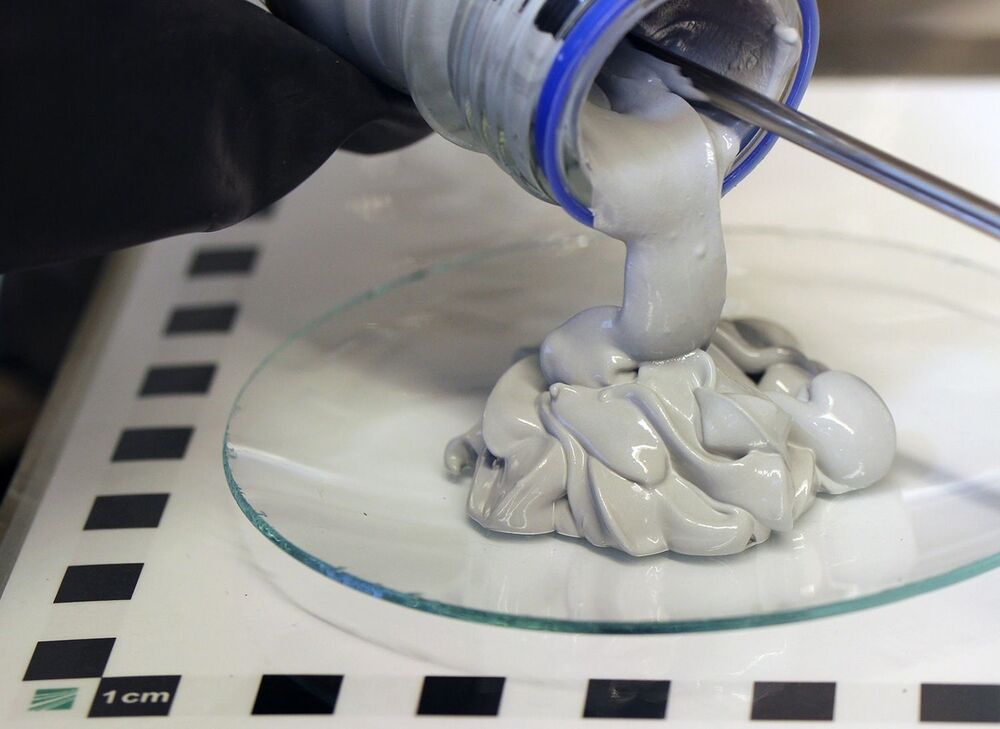SpaceX won a NASA contract Feb. 4 to launch a small astrophysics mission, continuing its string of similar agency contracts over the last two years.
WASHINGTON — SpaceX won a NASA contract Feb. 4 to launch a small astrophysics spacecraft, continuing the company’s string of similar agency contracts over the last two years.
NASA awarded a contract to SpaceX for the launch of the Spectro-Photometer for the History of the Universe, Epoch of Reionization, and Ices Explorer (SPHEREx) spacecraft on a Falcon 9 in June 2024. The value of the launch contract is $98.8 million, which includes the launch itself and other “mission-related costs,” the agency said.








